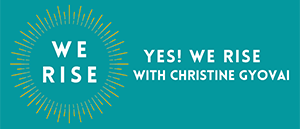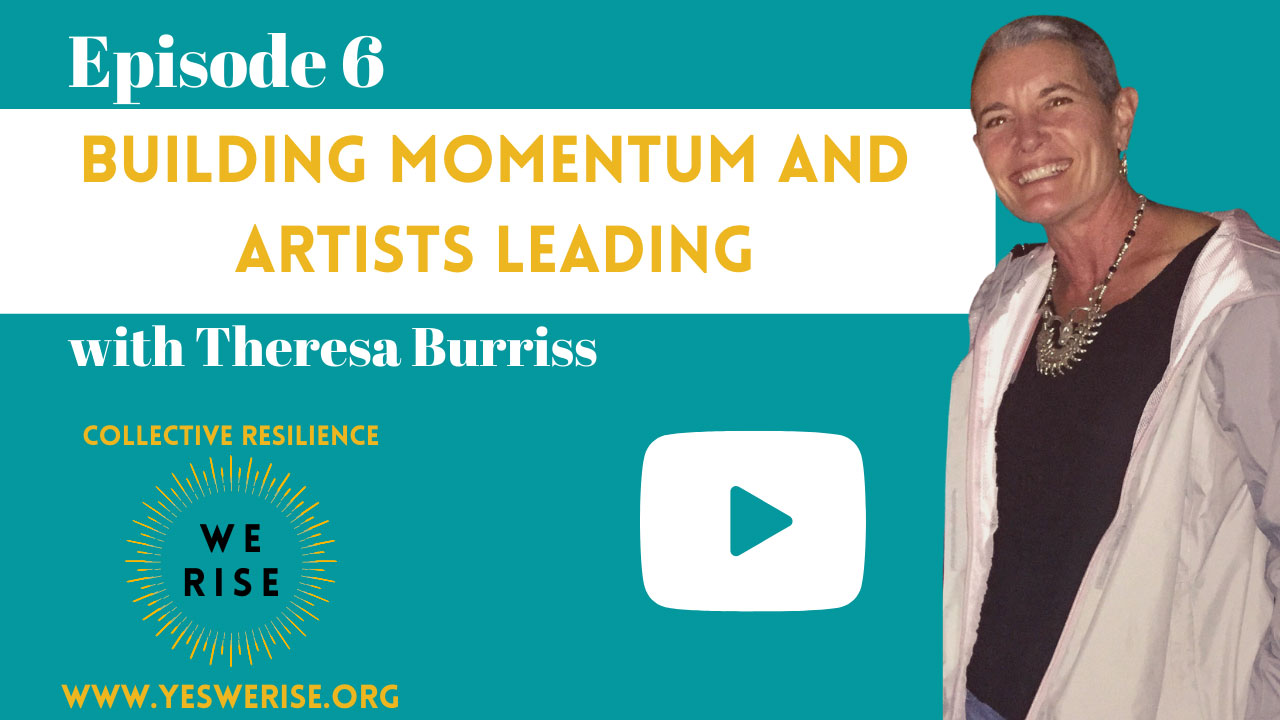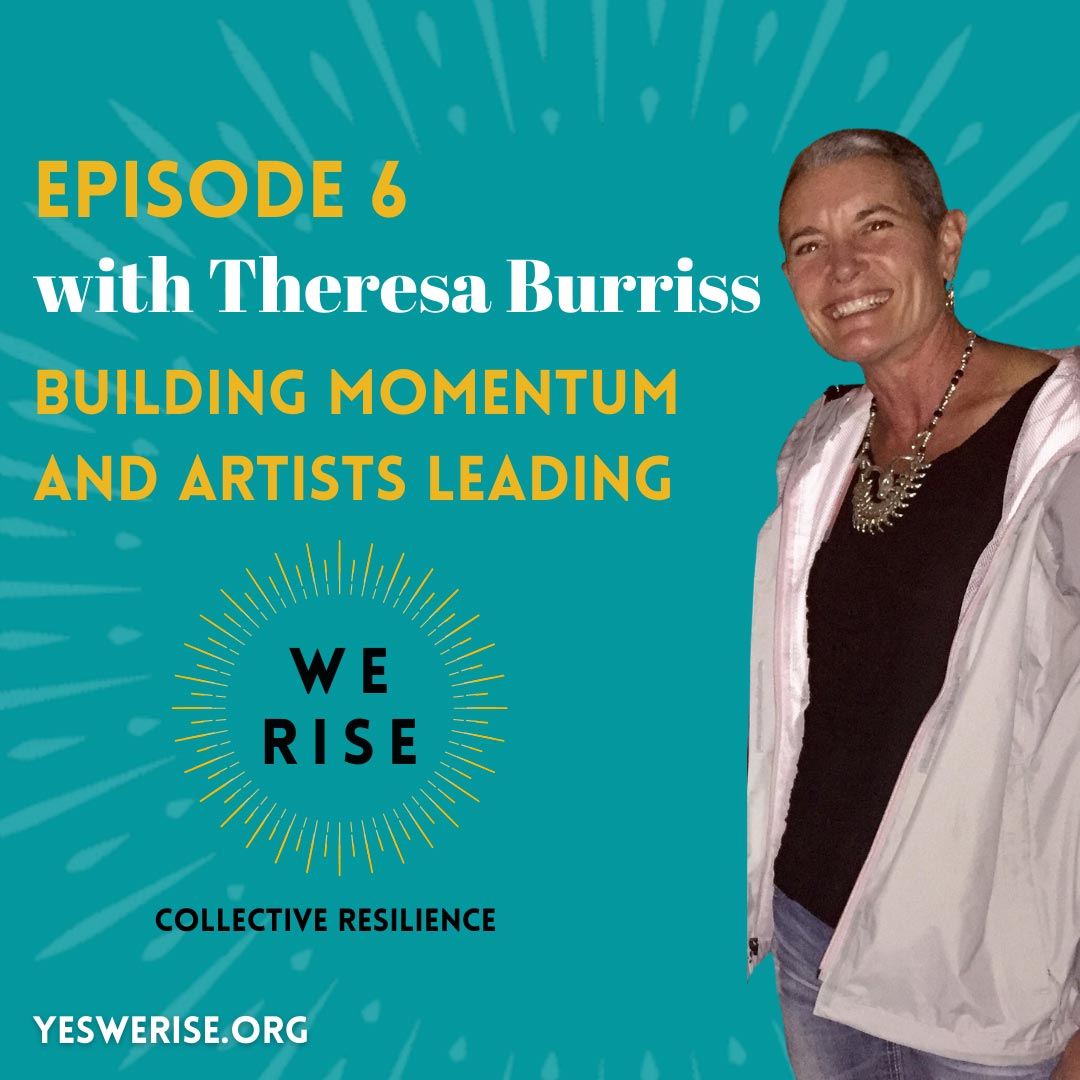
Episode 6:
Theresa Burriss: Building Momentum and Artists Leading
Episode 6 Description
In Episode 6 of the We Rise Podcast, Christine speaks with Theresa Burriss about the resilience of coal mining communities, building momentum, and the creative way artists are leading change around the globe. Learn about the incredible transformations happening locally and internationally, and what it takes to create something new.
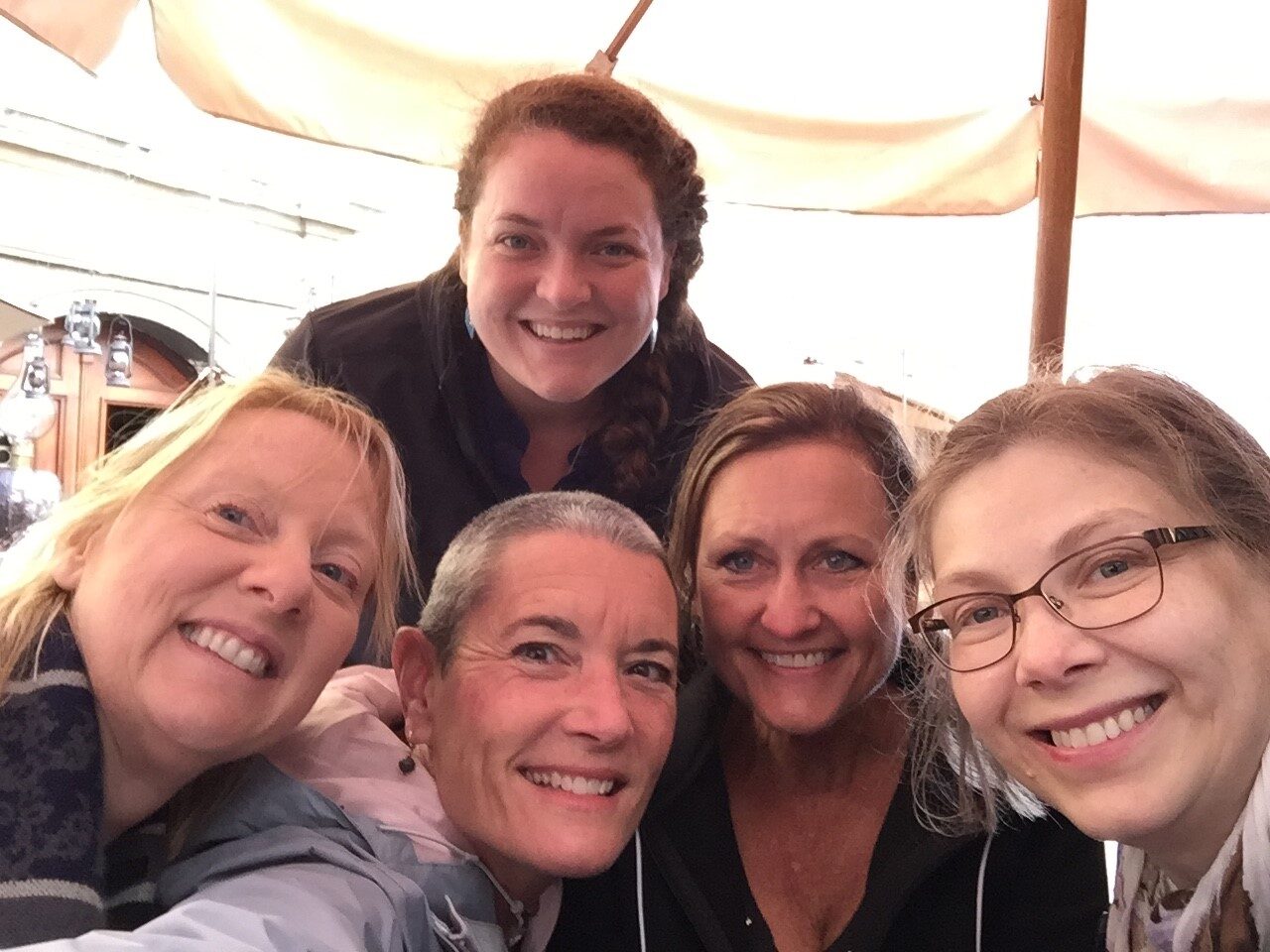
Growing up in Bristol, Tennessee, Theresa attended Emory University in Atlanta for her undergraduate studies, followed by time in DC working on Capitol Hill and a year in law school. After a stroke in 2012, Theresa and her family made the decision to move back to her roots. They live near Bristol and Abingdon, TN on 123 wooded acres preserving the land, fauna, and flora.
Download the show Notes
find us on youtube
Key takeaways
Points of resilience in the Appalachian community
Communities in Appalachia have experienced many struggles and hardships over the years. Overcoming these struggles have meant acknowledging unique experiences at the individual and collective level, while also coming together in shared solidarity.
The opioid crisis is both an example of exploitation as well as resiliency. Theresa explains how coal mining communities were targeted by Purdue Pharma. This company knew that working in coal mining is labor intensive and can lead to injury. Purdue prescribed opioids to folks injured working these jobs, while lying about their addictiveness. This greatly impacted the opioid crisis they have been fighting. In the midst of this struggle, a hero to Theresa, Dr. Sue Cantrell stepped up as one of the first people in the Commonwealth to implement a needle exchange harm reduction clinic.
Additionally, the Southwest Virginia Workforce Development Board in Russell County in Lebanon used their ARC power grant to create R.O.P.E.S, which stands for Recovery Opportunities and Pathways to Employment Success. Working through the drug courts, they create programs to help people stay in recovery.
Theresa is also on the board of the Appalachian Sustainable Development. Their new workforce development program, Groundwork, helps individuals in states of change, such as aging out of foster care and transitioning out of incarceration, find their footing and create a life for themselves. This is yet another example of Appalachian community resilience.
Robert Gipe, a friend of Theresa, is also impacting the community. He has retired from teaching and now writes full-time. His novels provide hope as he portrays traumas the region is enduring and have already faced. Robert works with community college students from the Higher Ground Community Theatre, empowering them to interview community members. The students and the community members then share these stories at the theatre.
These incredible programs and individuals are representative of immense resilience. From Robert Gripe’s work in Harlan County, Kentucky to Dr. Sue Cantrell’s harm reduction plan in Southwest Virginia, they are not shying away from the pain or the struggles folks have experienced. Instead they are acknowledging them, while creating hope and possibility.
The phoenix rising, honoring the past with beauty
With a desire to create a World Coal Heritage Trail, Theresa shares the profound honor and pride found in coal mining communities. This pride is rooted in the sacrifice and hard labor required to work in the mining industry, as well as the impact of the coal industry on the development of the country and its economy.
Coal extraction is a global industry. In the Jiu Valley of Romania there are numerous communities that were once active mining locations. None of these are still operational, yet the pride and honor remain. One of these communities is Petrila. There they are actively working to buy back the Petrila mine from the state to convert it into an industrial heritage site.
Many of the folks doing this work are former coal miners themselves. Artist and activist Ion Barbu has been a leader in this project. To date the mine includes an art gallery as well as a community theatre stage. All of this has been a way of honoring the work, sacrifice, and community of miners. Theresa has spent and will be spending time in the fall in Romania learning more about communities and innovative work taking place.
This industrial heritage site represents pain and hardship, honoring beauty, and creating something new.
Breaking out of the paradigm to create something new
Theresa talks about artists being catalysts for changing perspective and shifting paradigms.
Creatives are often not only able to acknowledge the social constructs, oppression, and exploitation present in the world, but they further use art to help others become aware. Artists open peoples’ minds to seeing not only how it is, but what else is possible.
Through his work in Romania, Barbu has exposed the truth of what mining communities have experienced throughout time, while also presenting something new.
Changing the paradigm requires a holistic approach, the ability to view reality from all angles. Some ways to represent all of these perspectives is to make everyone part of the conversation. Barbu was a miner, and thus, he has been able to bring firsthand experience and knowledge into the conversation as they honor the past and create the industrial heritage site.
Bringing it back to the Appalachian community, Theresa shares how other communities have rallied to create change, including in St. Paul and Norton in Southwest Virginia. From solar and renewable energy, to needle exchange programs, to the work of Appalachian Voices representing all stories, folks are taking agency to manifest the communities they want.
Theresa has done workshops around J.E.D.I. work (Justice, Equity, Diversity and Inclusion) and community building. She is also working with Opportunity Southwest Virginia to address some of the key components in creating real change in a community. These include promoting and supporting local business, fighting for equity in resources for education systems, work around the coal tax credit and returning lost wealth to the community, and fighting against systemic racism.
Breaking cycles and creating something new does not happen overnight. It requires dedication and perseverance, but doing the work leads to a more resilient community.
notable quoteS from Theresa Burriss
“I believe in the artist. I think that they allow us to see in a different way.”
“It takes a core group of people who are committed. And once that momentum gets going, others see what is possible. And so they start believing. It’s a mind shift.”
Links/resources mentioned
Appalachian Studies at Radford University
Appalachian Regional and Rural Study Center
Academic Outreach at the Higher Ed Center in Abington
The Harm Reduction Program in the LENOWISCO district of VA
The Southwest Virginia Workforce Development and their R.O.P.E.S. program
Appalachian Sustainable Development and their Groundwork program
Robert Gipe and the Higher Ground Community Theatre
Opportunity Southwest Virginia
Department of Mines, Minerals, and Energy
Book and Media Resources:
Women in the Mines: Stories of Life and Work by Marat Moore
Rising: Dispatches from the New American Shore by Elizabeth Rush
Planeta Petrila (Official Trailer)
The Yes! We Rise podcast is produced by Dialogue + Design Associates, Podcasting For Creatives, with music by Drishti Beats.
Please rate, review, and subscribe to the podcast so we can continue spreading our message far and wide. Find our email list at the website: www.yeswerise.org.
Thanks for listening.
Don’t miss an episode — follow us on Spotify and subscribe via Apple Podcasts, Stitcher, or Google Play, and please leave us a review wherever you listen.
Jump to:
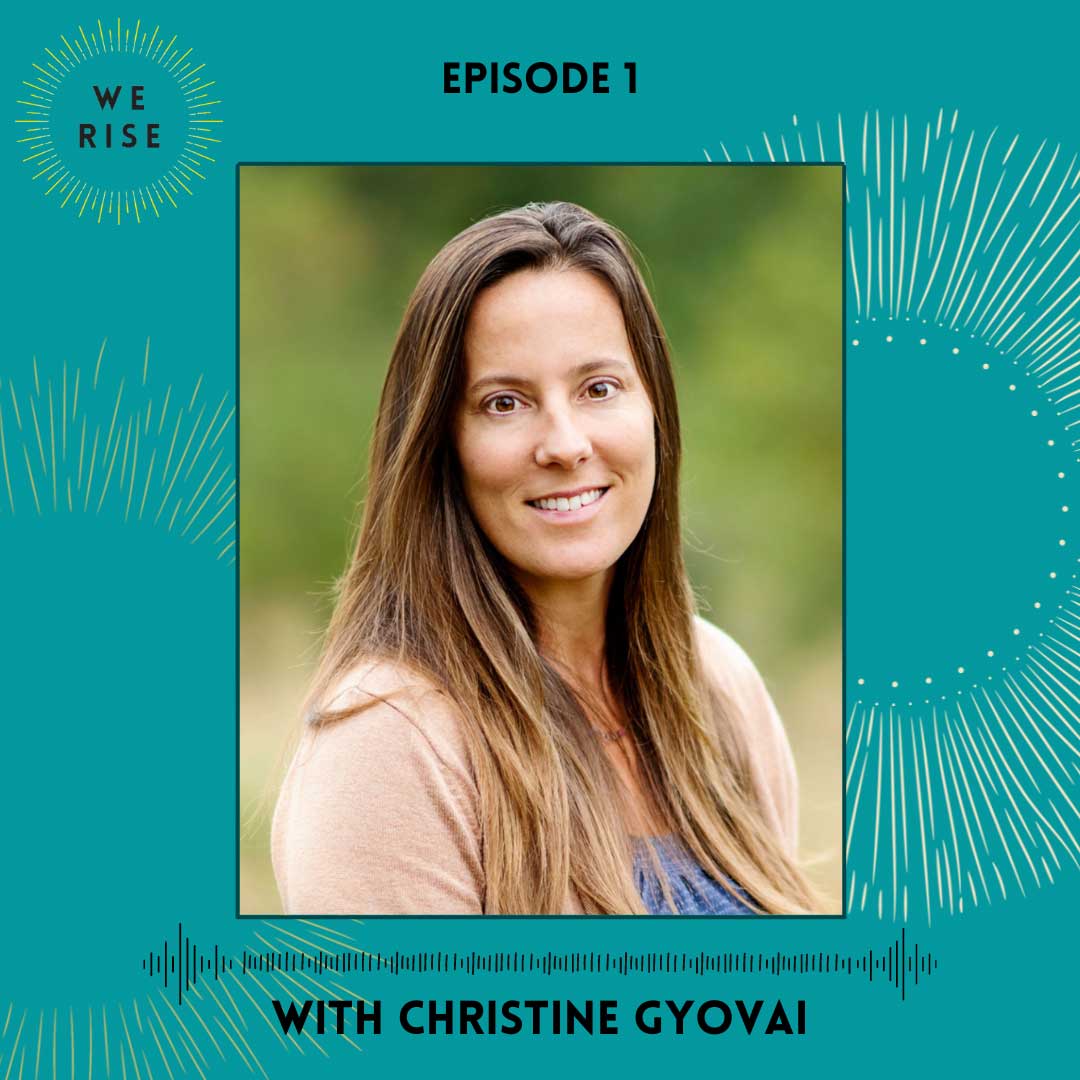
Episode 1
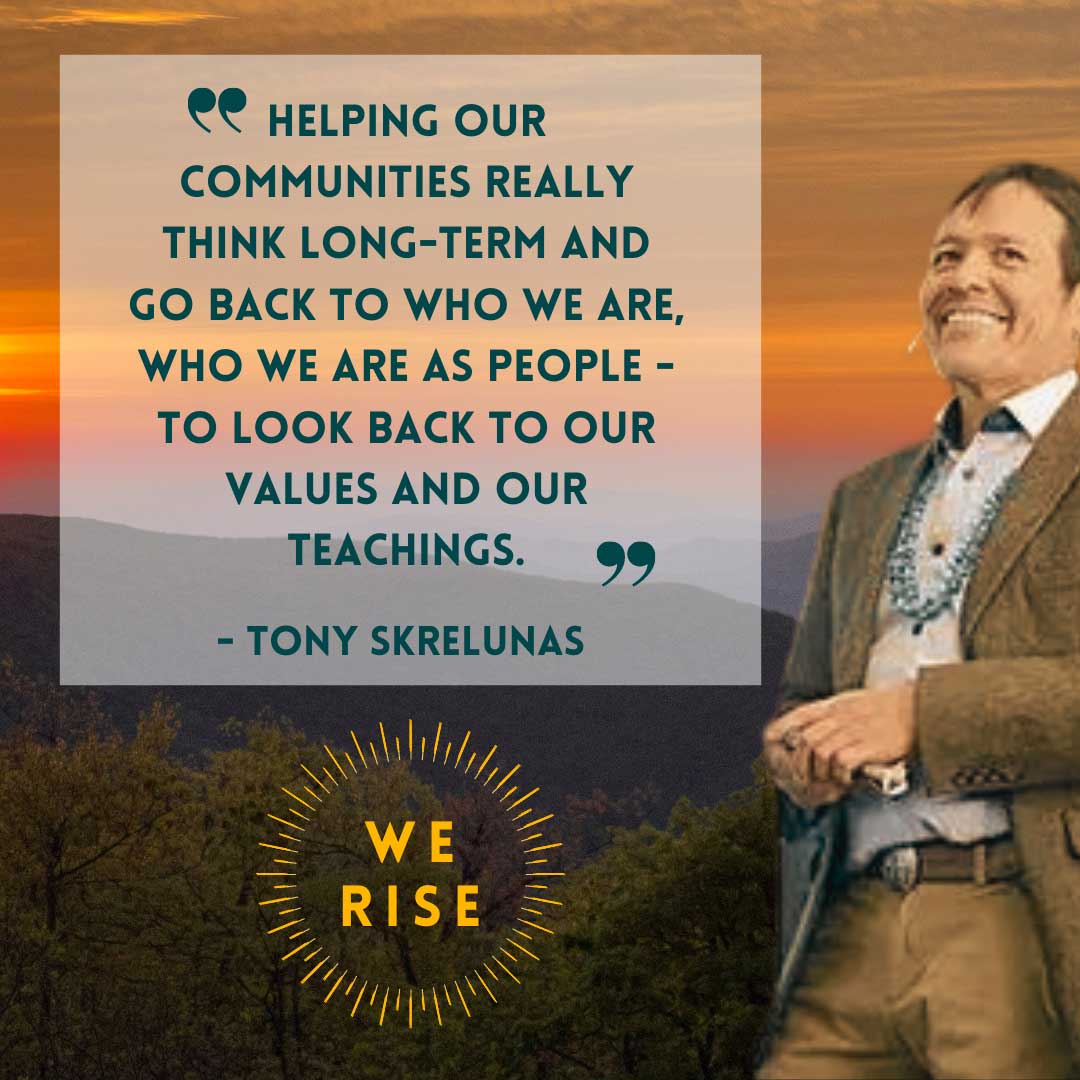
Episode 2
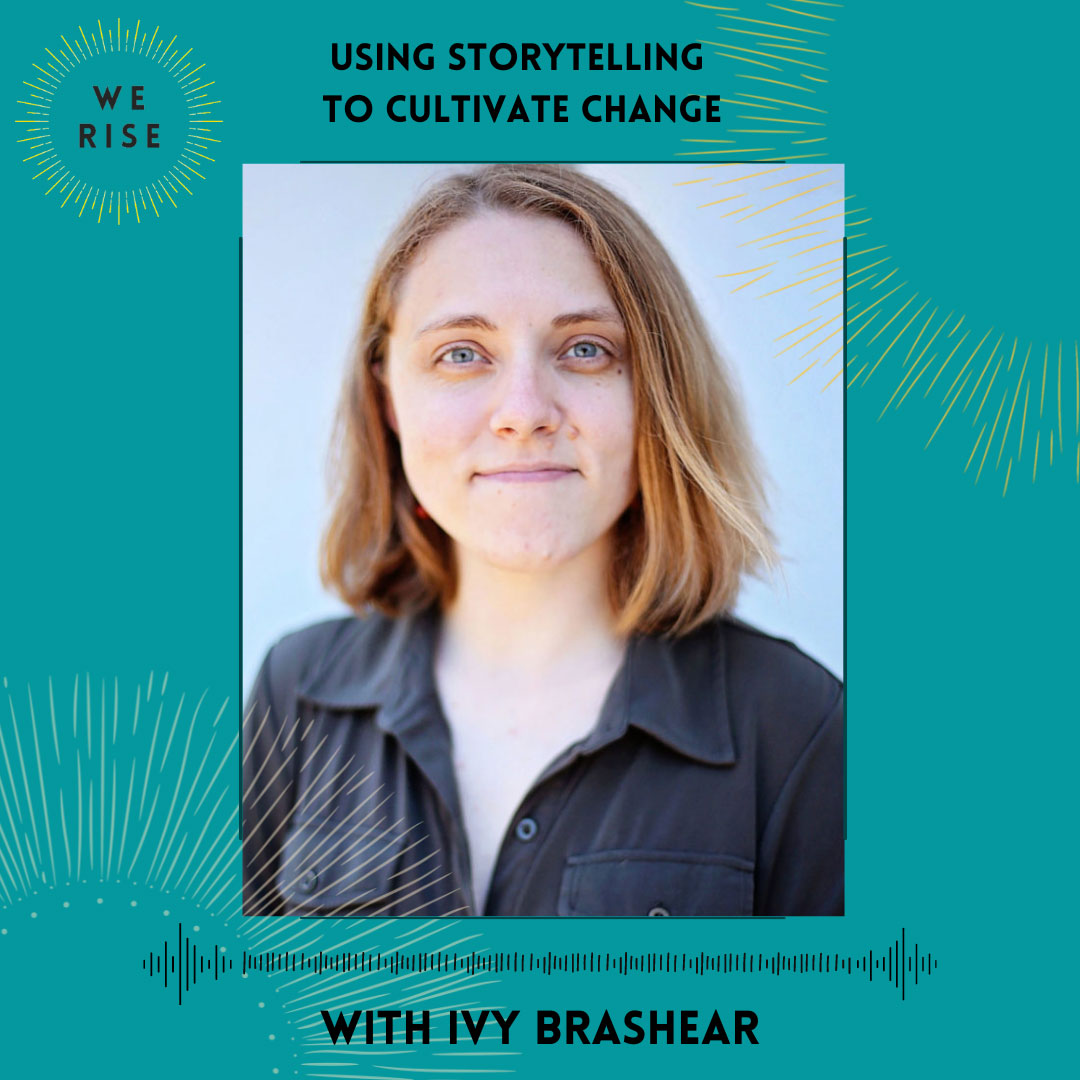
Episode 3
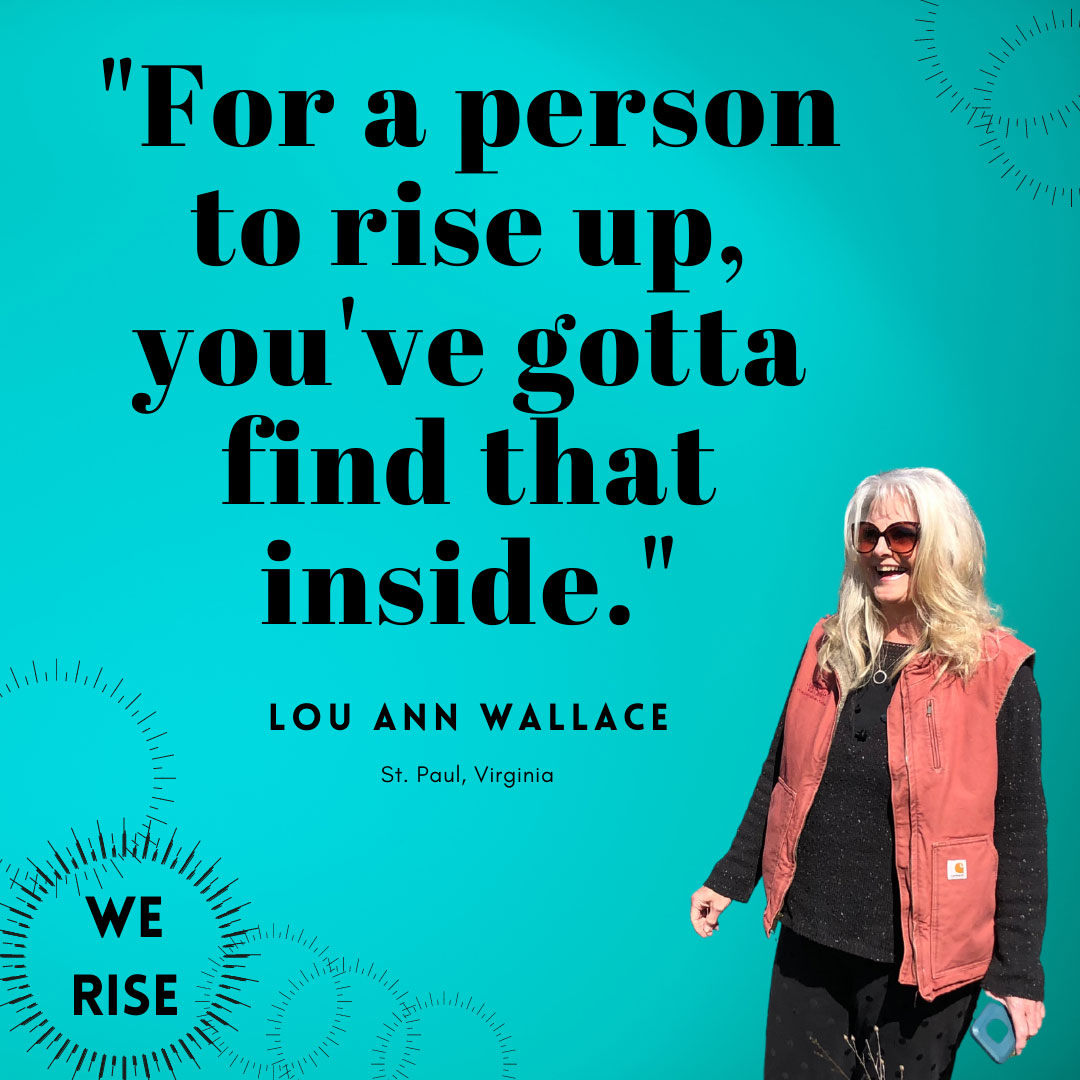
Episode 4
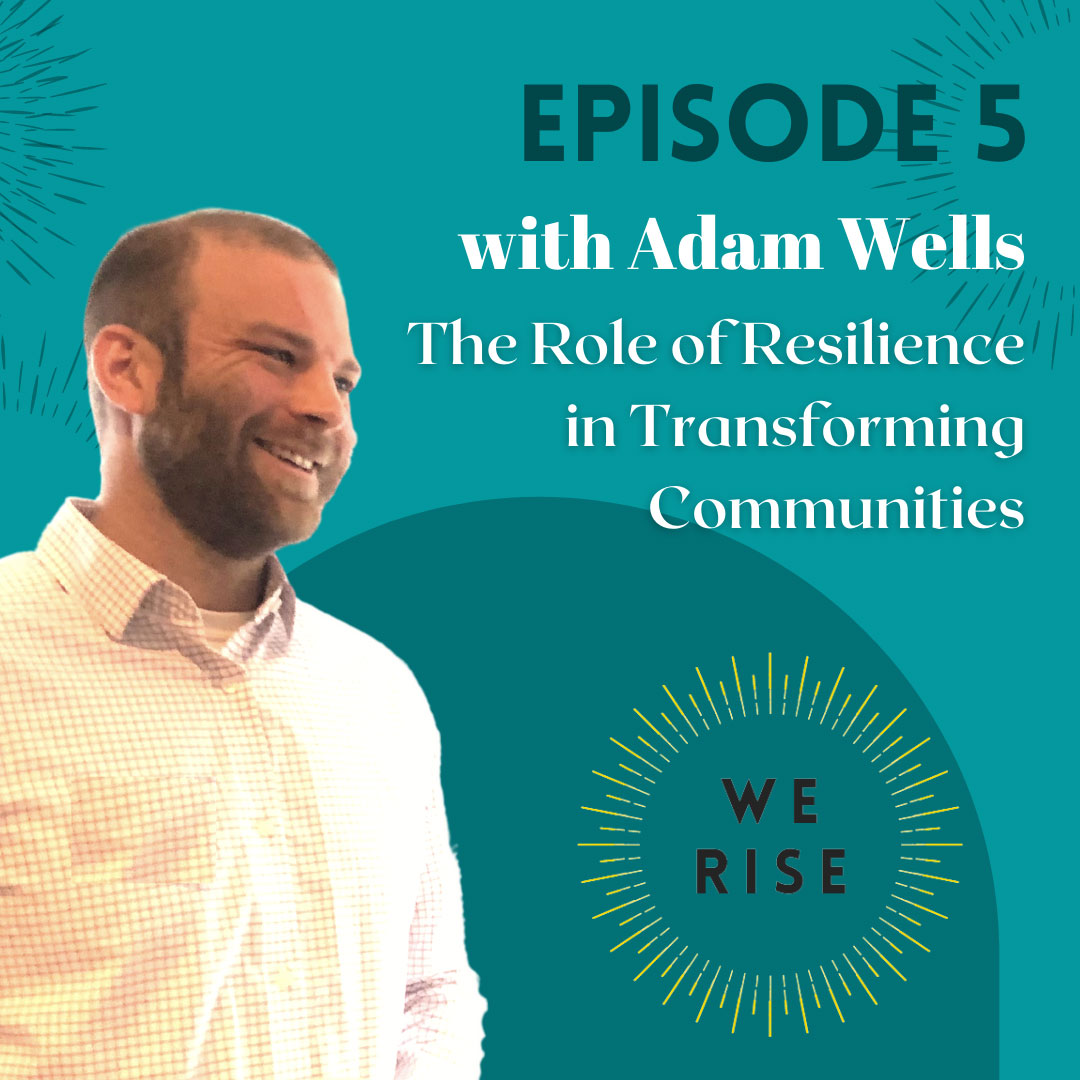
Episode 5

